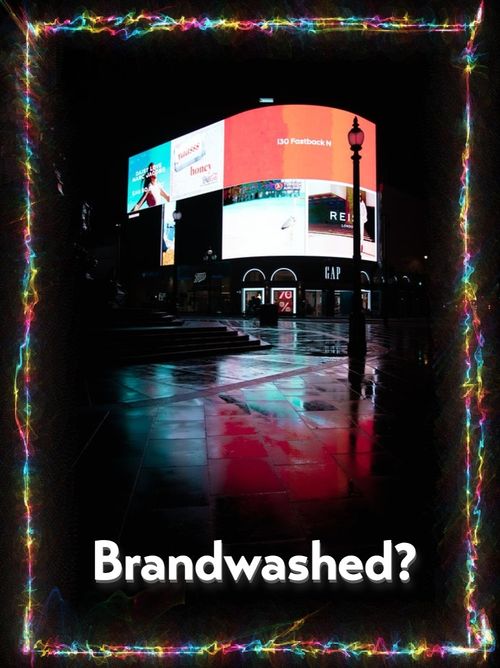How marketing sneakily affects our decision-making
Nov 10, 2021 · 2 mins read
0
Share

The most effective forms of marketing influence unconscious behavior. And the most powerful persuader of all is other people, i.e. word of mouth. Humans are social beings who tend to do as others do, particularly those with strong social standing.
Save
Share
A killer marketing combo is the use of fear and guilt. New mothers are most susceptible to this, as the world can seem unsafe when you’ve just given birth. Brands take advantage of that protective impulse by marketing car seats, strollers, and baby monitors as the safest option.
Save
Share
The illusion of freshness is a common tactic in marketing. Think of frozen food claiming to “preserve” freshness, or ketchup with a foil seal under the lid, or hotel rooms with carefully folded toilet paper and bedsheets. These little nudges are designed to alter your perception.
Save
Share
Brands can routinely become victims of their own popularity. Once a product becomes ubiquitous, it risks falling into a generational gap where younger people instinctively distance themselves from the brand choices of their parents’ generation.
Save
Share
Celebrities walk a fine line when it comes to endorsements. If they seem too sophisticated, people can’t relate to them. If they seem too normal and down-to-earth, their appeal vanishes. Influencers need to be just successful enough to blend expertise and authority effectively.
Save
Share
The brands we’re exposed to early on in life determine our preferences later in life. This is called “priming” and it works through subconscious association. If you have to choose from 20 types of yogurts, you’ll most likely gravitate towards one linked to positive memories.
Save
Share
Appealing to children is an incredibly effective marketing strategy. It’s believed that 75% of all food purchases can be attributed to a nagging kid. To instil desire in a child is to cultivate it within the whole family.
Save
Share
Fear of failure motivates consumers far more than the prospect of success. A 2008 study at the University of Bath found that picturing success can paralyze us, whereas imagining ourselves as unsuccessful in the future is a powerful incentive to spend money.
Save
Share
Some of the most subtle “fear factors” that marketers leverage are a sense of panic (e.g. stay safe by fighting germs), scarcity of time (e.g. remember that life is short), and nostalgia, which offers a feeling of security in uncertain times.
Save
Share
Bottom line: brands are everywhere, influencing us almost imperceptibly. Marketing utilizes psychological tricks designed to exploit fears and trigger spending. But once you learn to recognize them, you’ll be better equipped to resist the power of persuasion (and spend less).
Save
Share
0